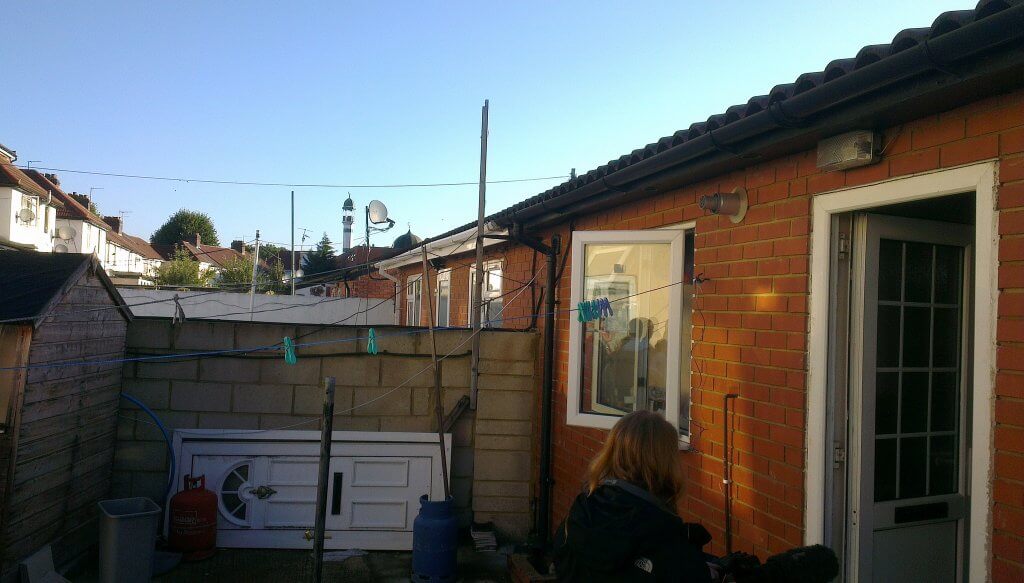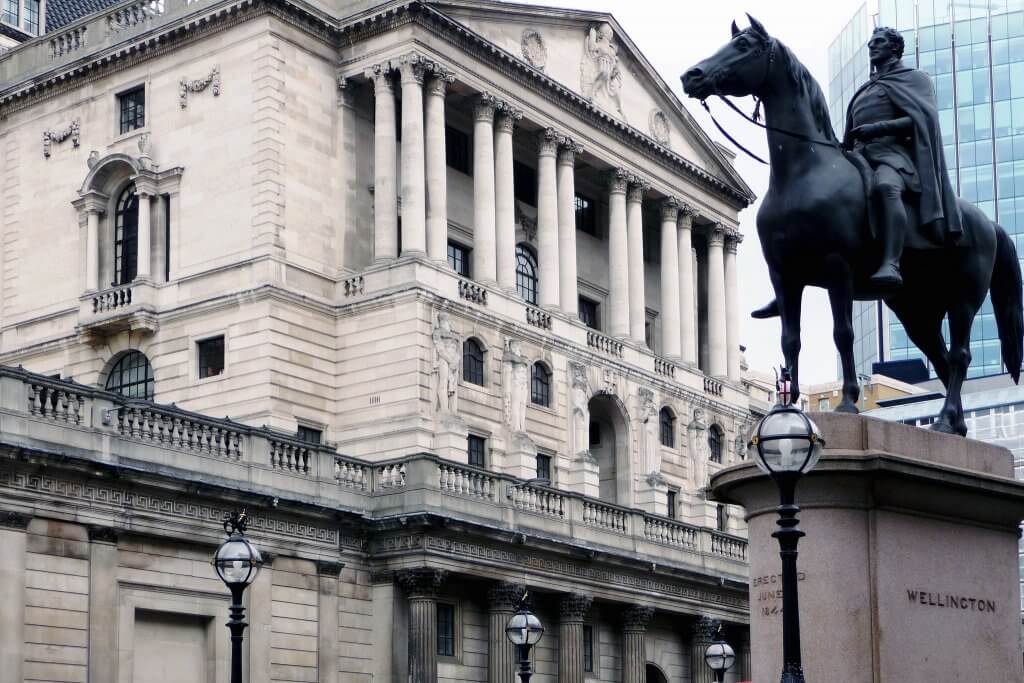The Responsible Gas Safe Renting Guide
Badly fitted and poorly serviced gas appliances can cause gas leaks, fires, explosions and carbon monoxide poisoning. Every year thousands of people across the UK are diagnosed with carbon monoxide poisoning. It is a highly poisonous gas that can kill quickly with no warning, as you cannot see it, taste it or smell it.
Follow these few simple checks to keep you and your family safe.
- Check your Landlord’s Gas Safety Record. By law, your landlord must keep gas pipework, appliances and flues supplied for you to use in good condition. They must arrange a gas safety check of the appliances and flues every 12 months and give you a record of the check.
- Check any gas appliances you own every year. Gas appliances should be safety checked once a year and serviced regularly by a Gas Safe registered engineer. Set a reminder so you don’t forget at StayGasSafe.co.uk.
- Check your engineer is Gas Safe registered. You can find or check an engineer at GasSafeRegister.co.uk or call 0800 408 5500.
- Check your engineer is qualified for the type of gas work you need doing e.g. natural gas, domestic boiler. You can find this information on the back of their Gas Safe ID card and the Gas Safe Register website.
- Check for warning signs that your appliances aren’t working correctly, such as lazy yellow /orange flames instead of crisp blue ones, black marks on or around the appliance, a pilot light that keeps going out and too much condensation in the room.
- Know the six main symptoms of carbon monoxide poisoning – headaches, dizziness, breathlessness, nausea, collapse and loss of consciousness.
- Have an audible carbon monoxide alarm. This will alert you if there is carbon monoxide in your home.
Landlords are legally responsible for the safety of their tenants. Landlords should make sure maintenance and annual safety checks on gas appliances are carried out by a Gas Safe registered engineer.
If you’re a landlord, you are legally obliged to make sure:
- Gas pipework, appliances and flues provided for tenants are maintained in a safe condition.
- All gas appliances and flues provided for tenants use have an annual safety check. You can set a reminder so you don’t forget at StayGasSafe.co.uk.
- Maintenance and annual safety checks are carried out by a qualified Gas Safe registered engineer.
- All gas equipment (including any appliance left by a previous tenant) is safe or otherwise removed before re-letting.
- A Gas Safety Record is provided to the tenant within 28 days of completing the check or to any new tenant before they move in.
- You keep a copy of the Gas Safety Record for two years.
The Responsible Gas Safe Renting Guide Read More »









